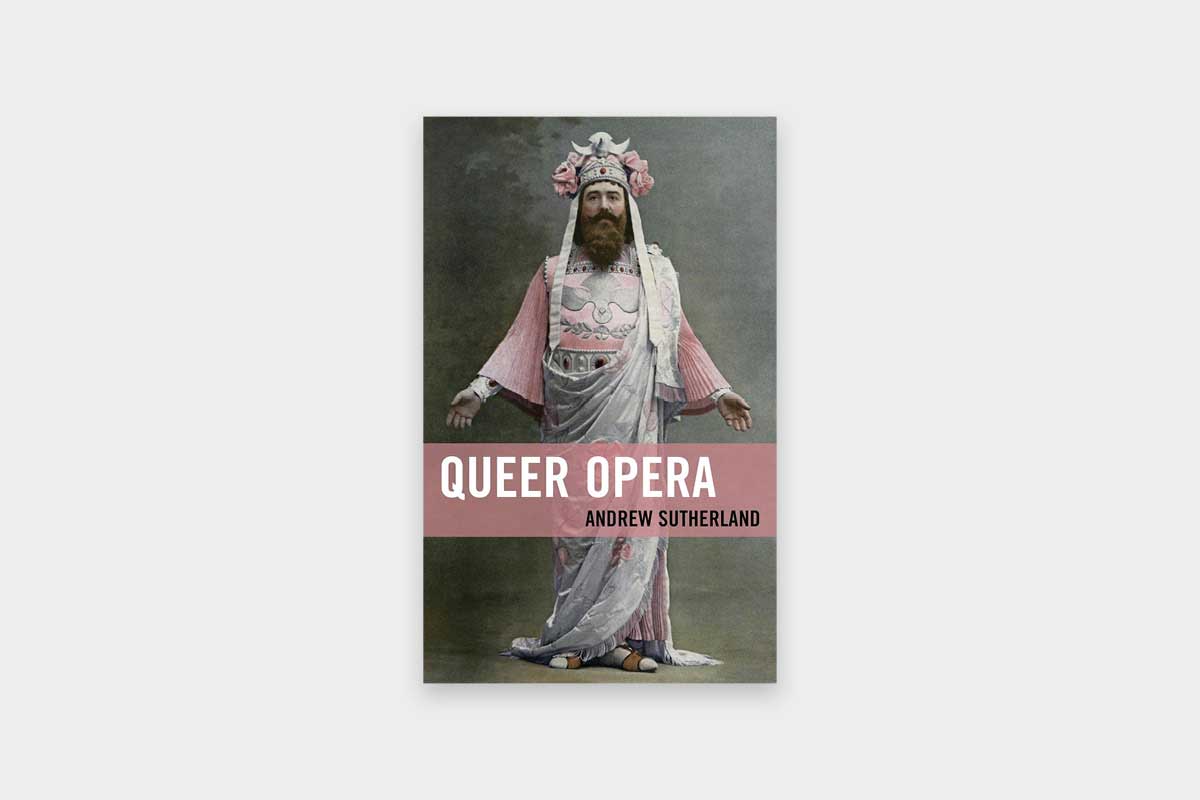In the conclusion of his latest book, Queer Opera, author Andrew Sutherland notes that while surveys of this kind are rarely comprehensive, he has attempted to catalogue as many works and composers as possible. Sadly, this is where he also appears to have come unstuck.

That’s not to say the book is without its merits. As an examination of operas by LGBTIQ+ composers, or composers who have set out to portray characters representing those communities, it is hard to fault.
Sutherland documents how lived experience is reflected in opera, attributing change agency to an art form that offers a safe haven to theatre makers and audiences alike. And although his thesis sits best with more recent works, Sutherland also manages to apply it to some older operas in the canon.
His treatment of Karol Szymanowski’s 1926 opera King Roger, which reflected the composer’s coming to terms with his own homosexuality, is perfectly sound. The same can be said for his treatment of Leonard Bernstein’s A Quiet Place, written in 1983 (a sequel to Trouble in Tahiti) with its ménage à trois between Junior, his sister and her husband. And he is...










Comments
Log in to join the conversation.